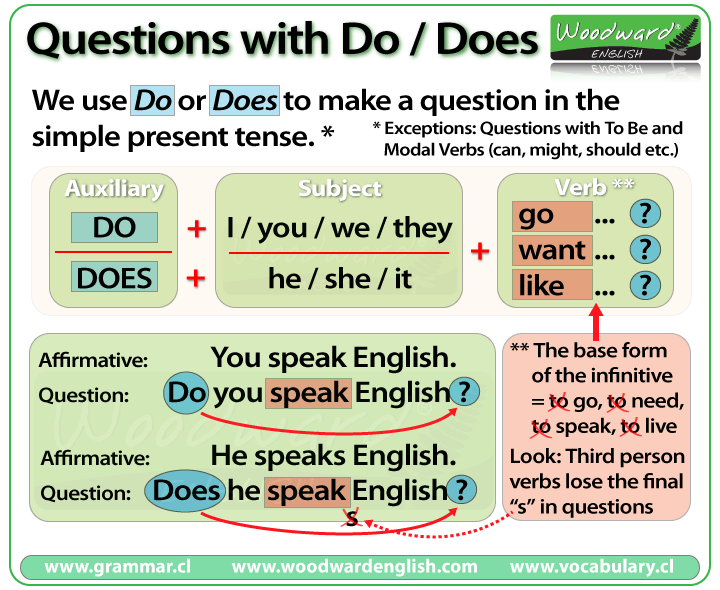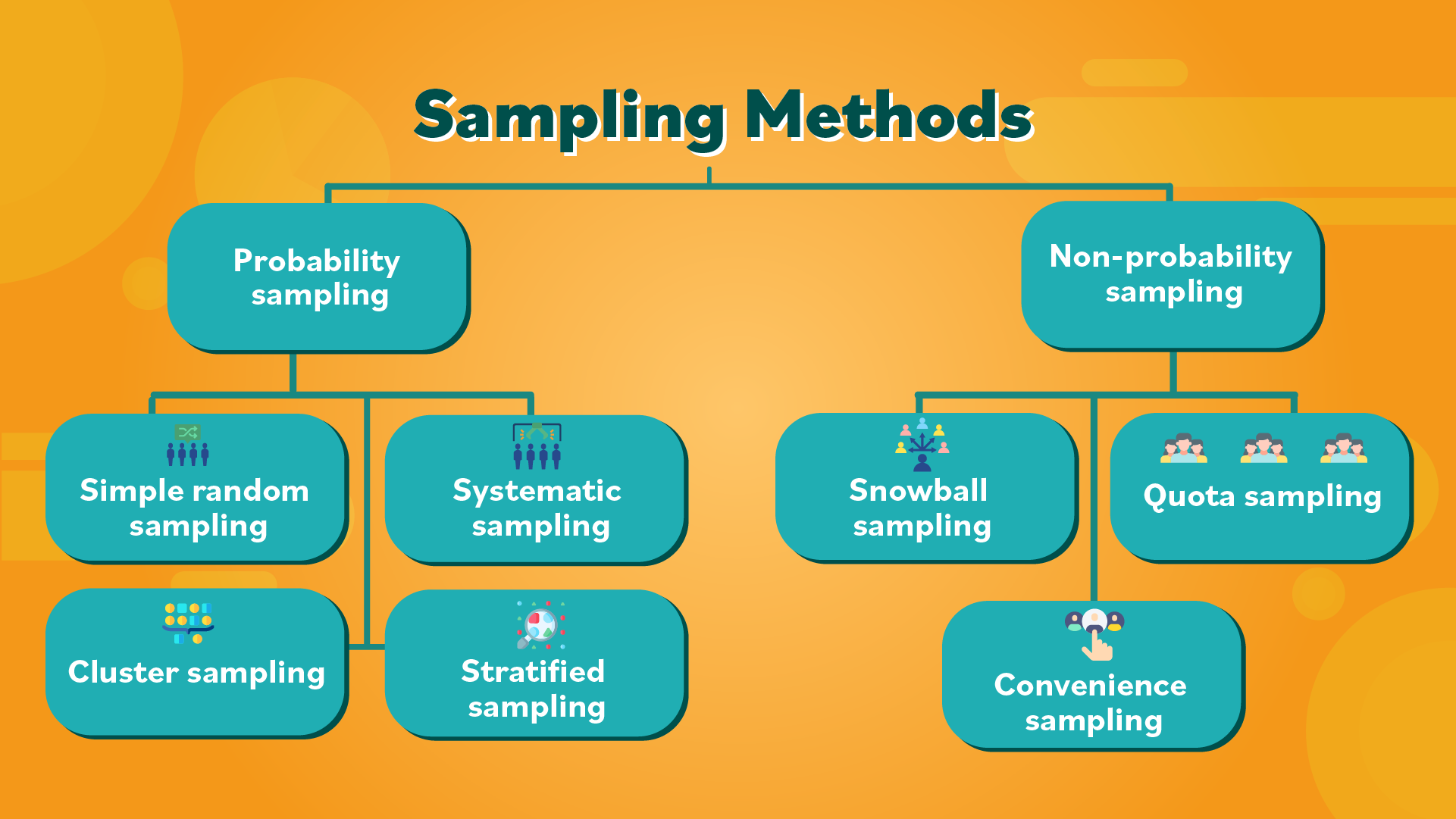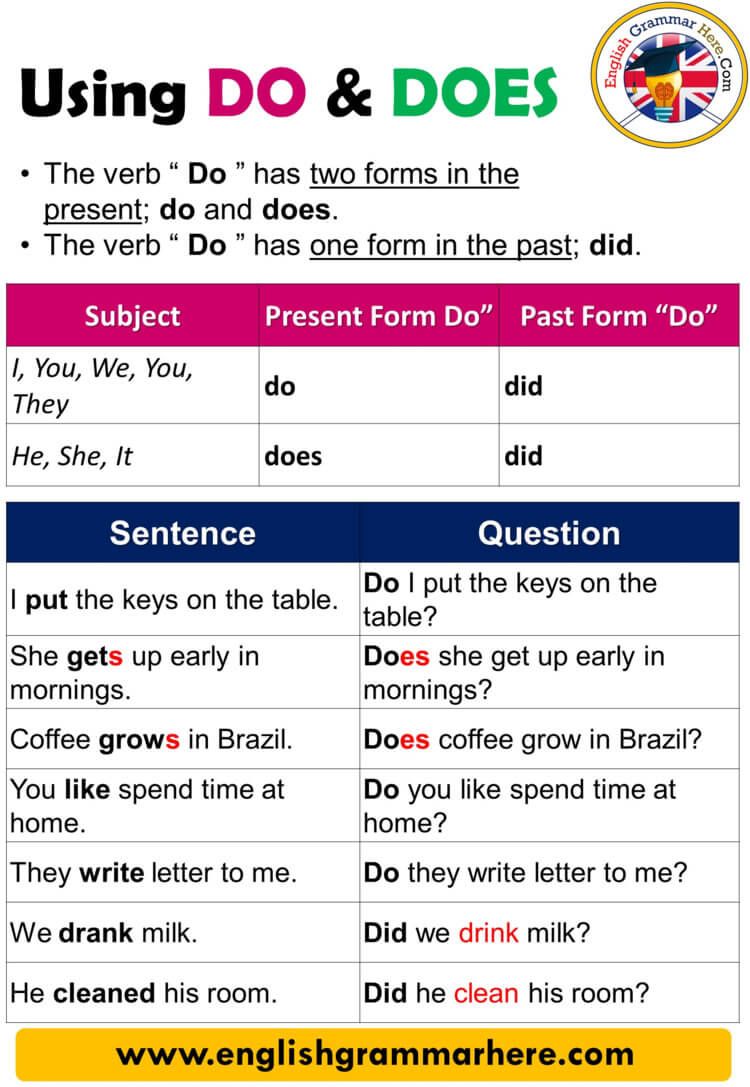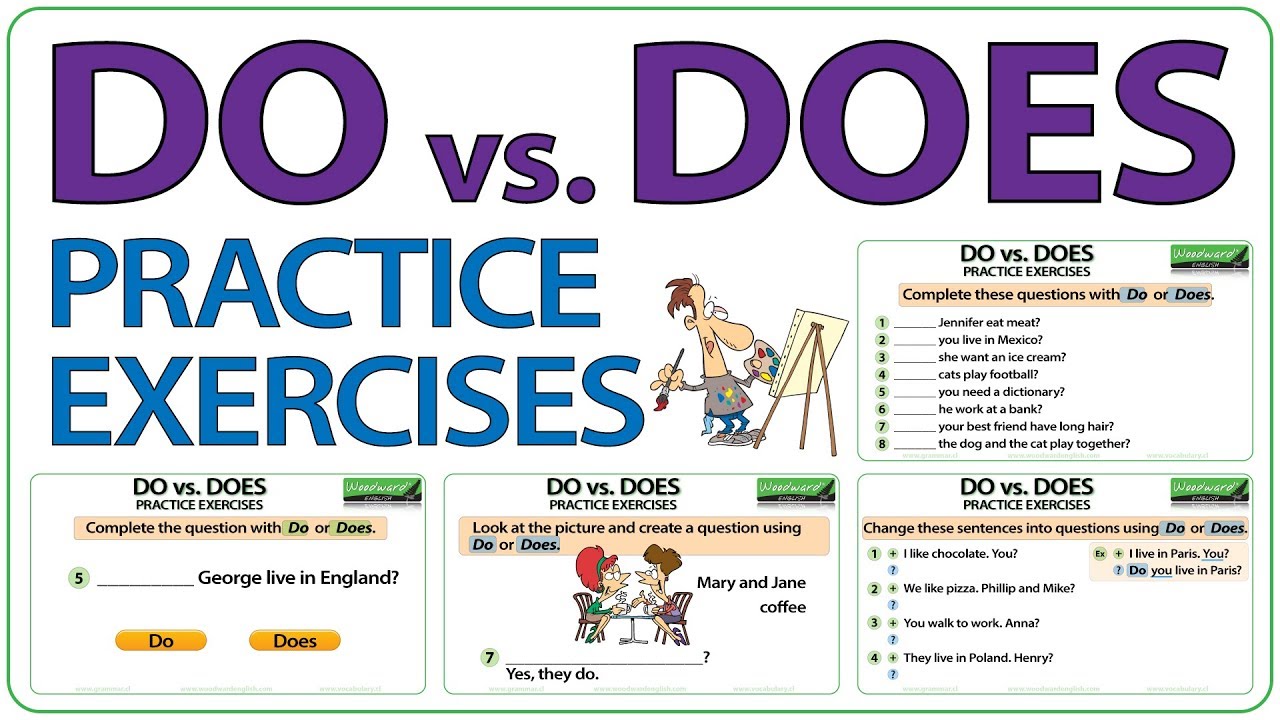How Long Does It Take to Get a Real Estate License in Georgia? Step-by-Step Process & Timelines
Understanding the Timeline for a Georgia Real Estate License
Pursuing a real estate license in Georgia is a structured process with specific requirements and clear steps. While the actual time to complete the process varies based on individual circumstances and scheduling, most candidates can expect to spend several weeks to a few months from start to finish. This detailed guide explains each stage, what to expect, and how you can expedite your journey into Georgia’s vibrant real estate market.
Eligibility and Basic Requirements
Before you begin, you must meet several foundational criteria to be eligible for a real estate license in Georgia. These include:
- Age: You must be at least 18 years old.
- Education: A high school diploma or GED is required.
- Legal status: You must be a U.S. citizen or lawfully admitted alien.
- Background: You will need to provide a recent criminal background report (no older than 60 days at the time of exam registration).
These requirements are strictly enforced by the Georgia Real Estate Commission [1] [3] .
Step 1: Complete Pre-License Education
The first major step is completing the required 75-hour Salesperson Pre-license Course through a Georgia Real Estate Commission (GREC) approved school. The duration to complete this coursework depends on your schedule and the delivery format:
- Full-time, in-person classes: Can be completed in as little as 2-3 weeks if attended daily.
- Part-time or online self-paced courses: May take 4-8 weeks, depending on your availability and pace.
Some students who dedicate multiple hours daily may finish faster, while those balancing work and family may need extra time. The course covers Georgia real estate law, contracts, property management, and basic real estate principles [1] [3] .
Step 2: Prepare for the State Exam
After completing your pre-license education, you must prepare for the Georgia Real Estate Salesperson Exam . Most candidates spend 1-3 weeks on focused review, practice tests, and exam preparation. The exam consists of both national and state-specific sections, and you must score at least 72% to pass [1] [2] .
Many training providers and online resources offer exam prep packages and sample questions. Taking time to review your coursework and familiarize yourself with the exam format can significantly improve your chances of passing on the first attempt.
Step 3: Register and Schedule Your Exam
Once prepared, you will register for the official Georgia real estate licensing exam through the approved testing vendor. To register, you must:

Source: eskipaper.com
- Submit the application and provide proof of completed education.
- Pay the exam fee (typically $121; check with the official provider for current rates).
- Provide your recent criminal background report.
Scheduling an exam slot can usually be done within a week or two, depending on testing center availability. To avoid delays, it is recommended to check test dates in advance and have all required documents ready [1] [2] .

Source: kerelosaissam.github.io
Step 4: Take and Pass the Licensing Exam
The Georgia Real Estate Salesperson Exam is administered in two sections: national and state-specific. Both must be passed in the same sitting, with a minimum score of 72% required. Results are typically provided immediately after the exam. If you do not pass, you may reschedule and retake the exam, but additional fees apply [2] .
Step 5: Apply for Your Georgia Real Estate License
After passing the exam, you must apply for your license within 12 months. If you wait longer than 12 months, you will need to retake the pre-license course. The application process involves:
- Submitting the official license application with proof of passing the exam.
- Paying the license fee (typically $170 if applying within 3 months; $340 if applying between 3-12 months).
- Providing your sponsoring broker’s information (if you want to practice actively).
Processing time for the license application is generally fast when all documents are in order, often completed within a few days to two weeks. However, background checks or missing information can cause delays [1] [3] .
Post-License Requirements and Continuing Education
Once licensed, you must complete a 25-hour post-license course within your first year of licensure to maintain your active status. The Georgia Real Estate Commission requires ongoing continuing education for license renewal every four years. Failing to meet these requirements can result in your license lapsing or additional reinstatement steps [5] .
Typical Timeframe Overview
For most candidates, the process from starting pre-license education to becoming fully licensed takes between 2 to 4 months . Here’s a breakdown of the average timeline:
- Pre-license education: 2-8 weeks (depending on schedule and course format)
- Exam preparation: 1-3 weeks
- Exam scheduling and completion: 1-2 weeks
- License application processing: 1-2 weeks
The educational component is typically the most time-consuming, especially for those balancing other commitments. Fast-tracked options, such as intensive boot camps or accelerated online courses, can reduce the timeline if you are able to commit significant time each week.
Practical Steps for Getting Started
To start your journey, follow these steps:
- Research and enroll in a GREC-approved pre-license course. You can find a list of approved education providers by searching for “Georgia Real Estate Commission approved schools” or visiting the official GREC site.
- Complete your 75 hours of required education, tracking your progress and requesting help as needed from your instructors.
- Obtain your recent criminal background report from the Georgia Crime Information Center (GCIC) or your local law enforcement agency. This is required for exam registration and must be dated within 60 days of submission.
- Register for the state licensing exam through the approved testing administrator (such as Applied Measurement Professionals or the current vendor). Check the provider’s website for the latest registration instructions and fees.
- Upon passing, submit your application for licensure through the Georgia Real Estate Commission, either online or via mail, with all required documents and fees.
- Once licensed, complete the 25-hour post-license course within your first year and stay up to date with continuing education.
Alternative Pathways and Additional Considerations
Georgia offers reciprocal licensing for agents licensed in certain other states, allowing experienced agents to transfer their credentials with reduced requirements. To apply via reciprocity, you must submit a certified license history from your original state and meet other specific criteria. For full details, review the instructions provided by the Georgia Real Estate Commission or contact them directly [4] .
If you have concerns about background checks, previous legal issues, or education verification, it is advisable to consult directly with the Georgia Real Estate Commission or a qualified real estate education provider. They can provide guidance on eligibility and any additional steps required.
Estimated Costs and Financial Planning
While the focus is on timelines, it’s helpful to understand the costs involved:
- Pre-license course: Varies by provider (commonly $300-$600)
- Exam fee: Approximately $121 (subject to change)
- License fee: $170 (if applying within 3 months); $340 (if after 3 months, but less than 12 months)
- Background check: Fees vary by provider
Always verify current fees with the course provider and the Georgia Real Estate Commission before proceeding. Many schools offer package deals or payment plans to help manage costs.
Key Takeaways
Getting a real estate license in Georgia is a multi-step process that typically takes 2-4 months, depending on your pace, course selection, and scheduling availability. Candidates must complete a 75-hour pre-license course, pass the state exam, submit to a background check, and apply for licensure. Staying organized, researching approved education providers, and preparing thoroughly for the exam can help you move through the process as efficiently as possible.
If you need additional information or have specific questions, you can contact the Georgia Real Estate Commission at 404-656-3916 or search “Georgia Real Estate Commission” for the official website and resources.
References
- [1] Georgia Academy of Real Estate (2024). How to Become a Real Estate Agent in GA.
- [2] PrepAgent (2024). How to Get Your Georgia Real Estate License.
- [3] Kaplan Real Estate Education (2022). How to Become a Real Estate Agent in Georgia.
- [4] Georgia Real Estate Commission (2025). Reciprocal Application – Certified License History Order Form.
- [5] Georgia Secretary of State (2017). Chapter 520-1 Licensure and Brokerage.
MORE FROM couponito.com













